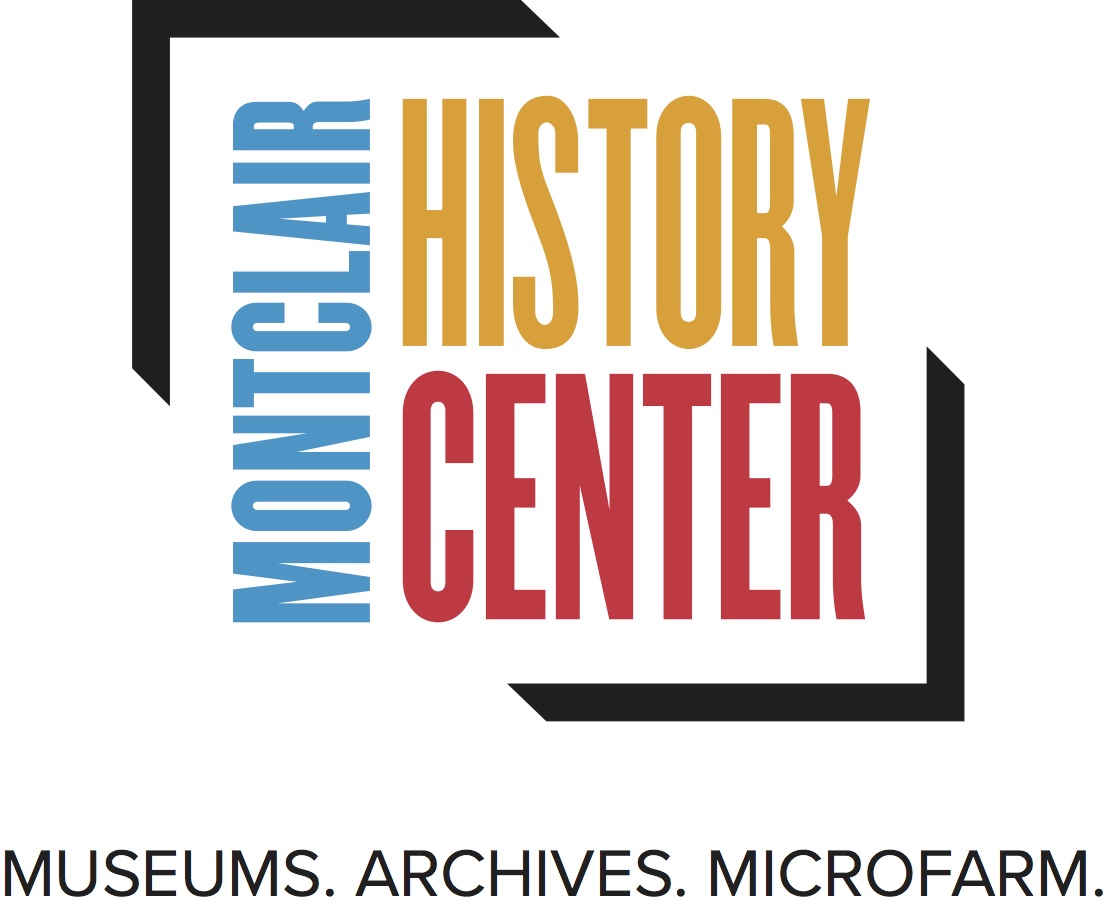In honor of Pride Month, we’re highlighting the oral history of Alex Riddick, recorded by the Rutgers Queer Newark Oral History Project. Alex is a longtime Montclair community member and Montclair State graduate. Before retiring, he was the Activities Director at Montclair Care Center (formerly Gates Manor) for over 20 years. His story, though not without struggle, is ultimately one of joy, recounting what it was like to be a gay man in the 1950s through 1970s in Essex County.
A Life of Friendship, Joy, and Resilience
Alex’s life was shaped by growing up in Newark during the ’50s through ’70s and coming out early with support from the local gay community, though his family had mixed reactions at first. He and a close group of grammar school friends at Dayton Street School knew they were gay from a very young age.
“I had five gay friends,” says Alex. “We were all gay… I think there was a wonderful community that we were exploring… being gay guys, singing in choir, and the pastor knowing that we were gay... My dad probably knew it, too. He passed when I was 17, but I think he was okay with it. My mom was not. It took years for her to get with that. She did come around.”
Alex enjoyed a childhood supported by the tight-knit, multicultural neighborhoods of Oran Square and Dayton Street in Newark. His family, including his parents and sister, moved from the Black community of Oran Square to Dayton Street when he was around 11 or 12. Both neighborhoods were close and connected.
“All those people were on my floor, and they were all friends of mine. I grew up with these kids. Frankie Valli's friends were down the hall.”
Alex consistently showed up for his friends, even when doing so meant standing out or crossing lines that others didn’t. When one of his white friends tragically died in a train accident, Alex and four Black friends attended the wake despite not being expected or even known by the friend’s parents.
This sense of loyalty followed him into adulthood and through the AIDS crisis. When a childhood friend named Charles became ill, Alex stood by him until the end.
“[Charles] died from AIDS, which I had helped him through the transition… That’s another story. My mother propelled me to… she said, ‘You need to take care of Charles.’”
Caregiving and Creativity in Montclair
Alex’s caring nature extended into his professional life, where he built a decades-long career in Montclair. Since 1989, he has worked in healthcare as a Certified Director of Activities. In this role, he coordinated programming that included music, arts and crafts, and, most notably, his Rainbow Medley Program.
The Rainbow Medley Program was created to engage and enhance the lives of people living with dementia and other cognitive challenges. Alex’s charisma, beautiful singing voice, and thoughtful programming brought joy and connection to residents.
According to his LinkedIn, his career goals included: “to put a smile on residents’ faces; to give them a quality of life that they once had or may not have had; to provide physical and social activities which empower the residents.”
In retirement, Alex remains involved in the arts. His paintings, which have been shown in Montclair, explore themes such as surrealism, environmentalism, Black culture, and of course, gay culture. “I have a lot of gay art, a lot of gay art,” says Alex.
His artistic talent extends beyond painting. Alex also has a keen eye for fashion, as seen in the photos from his oral history. This sense of style traces back to his time working at Carlsten’s men’s clothing store from 1966 to 1970.
“I helped buy clothes for the store… and helped coordinate fashion shows. I had to dress sharp. That’s just how I was.”
Legacy of Pride
“That’s just how I was” captures the essence of Alex’s legacy. From his early days in Newark to decades of service and creativity in Montclair, Alex has left a lasting impression by being unapologetically himself. He personifies the openness and empathy at the heart of Pride Month.
Listen to Alex’s full story: queer.newark.rutgers.edu/interviews/alex-riddick
Alex Riddick in Montclair, 1984.
Written and researched by Jackie Dorey, MHC Volunteer

